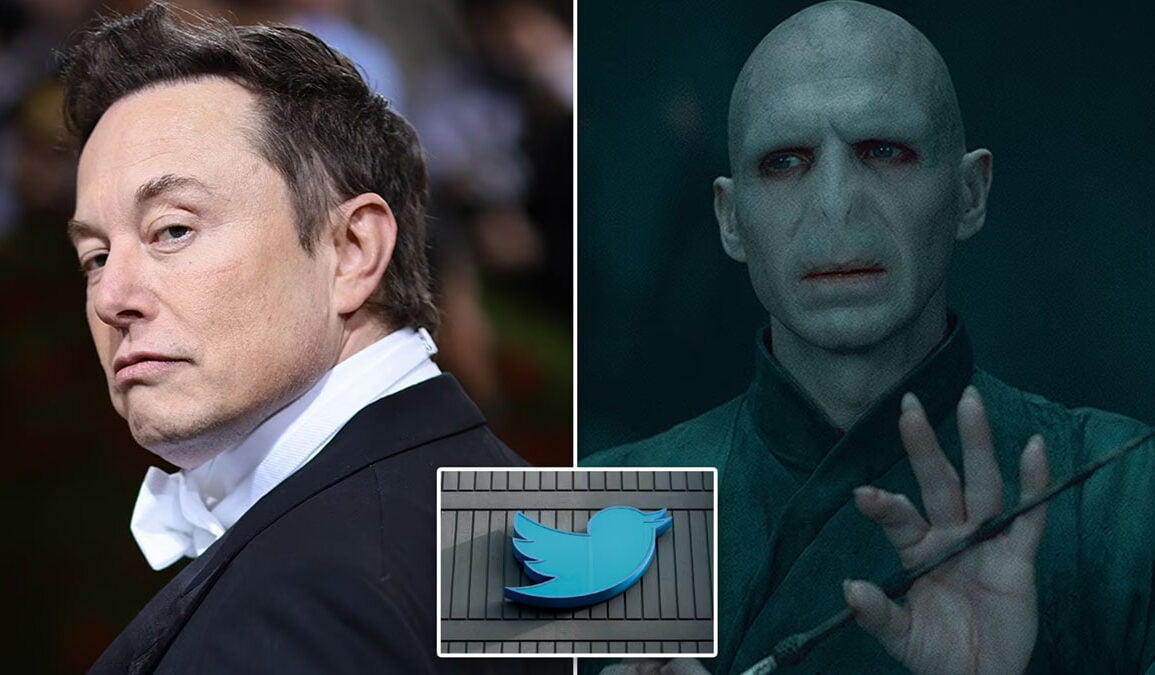When Elon Musk compares someone to Voldemort from Harry Potter, it signals a significant conflict. On August 31st, Brazil’s top court made headlines by blocking access to X (formerly Twitter) after Musk refused to comply with the country’s federal content moderation rules.
This move was spearheaded by Alexandre de Moraes, a former politician and ex-president of Brazil’s Superior Electoral Court, who currently serves on the Supreme Federal Court. Since 2020, de Moraes has been a key figure in curbing anti-government rhetoric online, framing his actions as part of a battle against misinformation.
Musk, however, wasted no time in responding, framing the court’s decision as an attack on free speech. He announced his intention to expose de Moraes’s alleged crimes, claiming the justice is violating Brazilian law. “He may not be subject to U.S. law, but he must follow his own country’s laws. He is a dictator and a fraud,” Musk wrote on X following the ban.
De Moraes has been accused of overreaching, including:
- Blocking access to X in Brazil and imposing steep fines for those using VPNs to bypass the ban.
- Censoring gospel singer Davi Sacer for reposting information about protests against him in New York.
- Silencing politicians like Senator Ribeiro Do Val, who criticized federal police for executing de Moraes’s orders.
- Stifling the political speech of journalists and ordinary citizens who hold views he opposes.
Musk launched an X account, @AlexandreFiles, to document and expose what he calls the unlawful actions of the Brazilian justice, comparing his methods to tyranny, not democracy. Musk argues that de Moraes’s censorship of political discourse undercuts the very democratic values he claims to protect.
De Moraes’s orders have reached beyond just X. His actions have even targeted Musk’s Starlink company, which provides satellite internet. Brazilian authorities seized Starlink-related assets and froze bank accounts, threatening to shut down services for hundreds of thousands of Brazilians unless the company complied with the court’s demands.
Many of de Moraes’s rulings are reportedly issued in secret, with little regard for due process or legal checks and balances. As Musk continues his public campaign against de Moraes, the battle raises key questions about the balance between free speech and content regulation, drawing global attention.
The coming weeks will determine how this battle between free expression and content control will unfold on the world stage.
Author’s Note: While free speech can sometimes spread harmful or false information, the principle is a cornerstone of democracy. Limiting one side of political debate is not a solution that supports democratic values.








